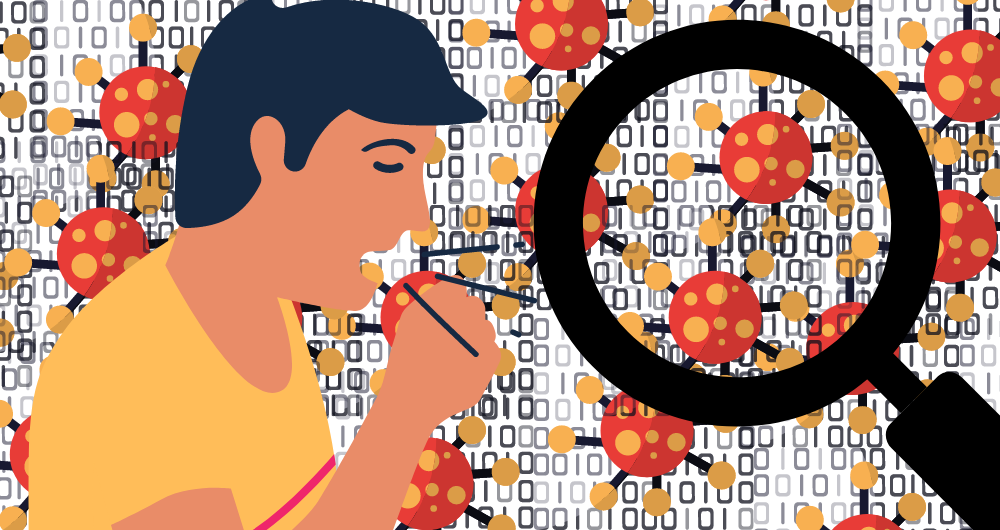
Always on the look-out for interesting data projects, Professor Barry Smyth recognised early on that a by-product of the pandemic was a data deluge. He has been working with the data ever since, with interesting results.
‘I teach a Data Science in Practice module and each year I give the students a practice project, based on publicly available data,’ Prof Smyth explains. ‘This year there has been so much published on the pandemic globally it was clear to me that some interesting observations could be drawn from that data.’
Prof Smyth, by his own his own admission, is not a public health expert. ‘I just go where the data takes me. I’m particularly interested in comparative data, the pros and cons of various lockdowns in different countries. I’m eager to see what the outcomes can tell us about the actions that various governments have taken.’
He has published his COVID data findings on his blog, Data in the Time of Corona.
Prof Smyth was also involved in early work on COVID 19 death rates using data from RIP.ie, and more recently he has proposed a new metric for better understanding the fatality burden of COVID-19 around the world, ‘Estimating the Fatality Burden of SARS -COC 2’.
‘This real-time, revealing data is a rich source of information. I’m interested in identifying useful ways to communicate risk levels to the public. Are the numbers we are seeing right now actually worse than those we saw in April, or does increased testing make it look that way? Based on international studies, what percentage of COVID cases are currently undetected? We have a lot of data to help answer these questions.’
(Prof Smyth’s current working answers to these questions are; yes, and 84%)
Right now, Smyth’s blog is designed to give individuals tools to make informed decisions, using public data that is not always well-presented in public fora. He hopes, however, that data-based decision-making will play a greater role in public health policy from now on.
‘This is one of those periods in history when a huge amount of scientific progress has been made in a short time. The vaccine is a huge achievement. Another good thing that I hope can come of this experience is that policymakers might start to make better use of data science methods for disease surveillance and public health planning. While I hope this is a once in a century event, we know that bad flu seasons hit us every few years, and unfortunately the next global health crisis may not be too far away. I’d like to think we could do a better job planning and preparing for that.’